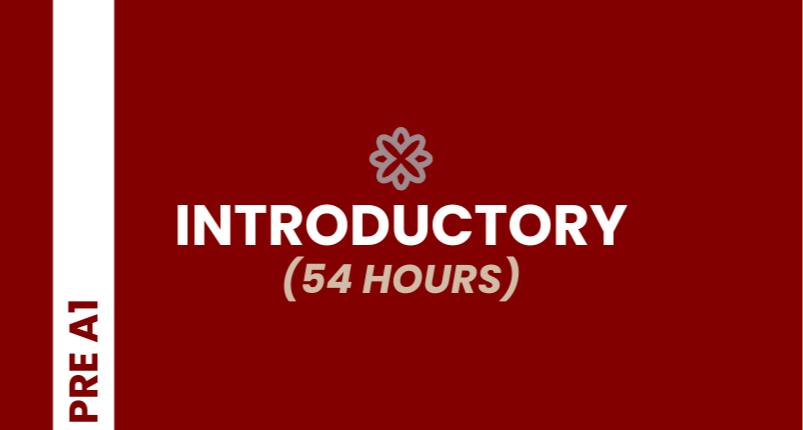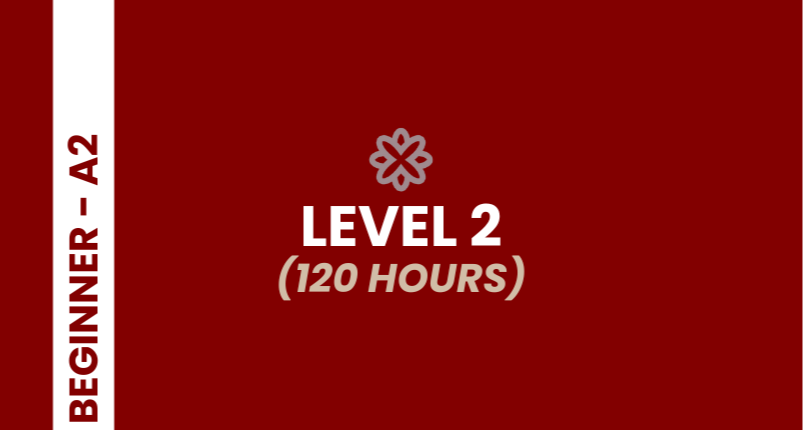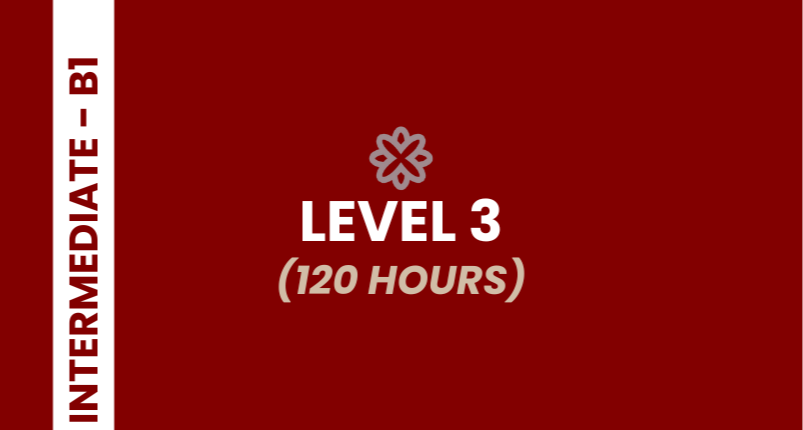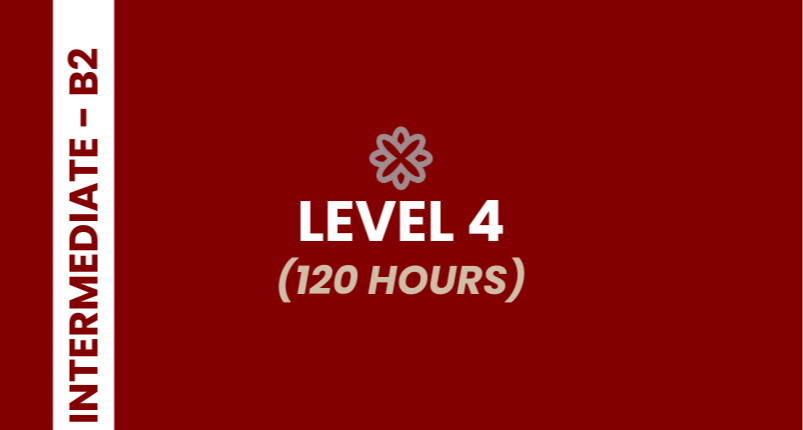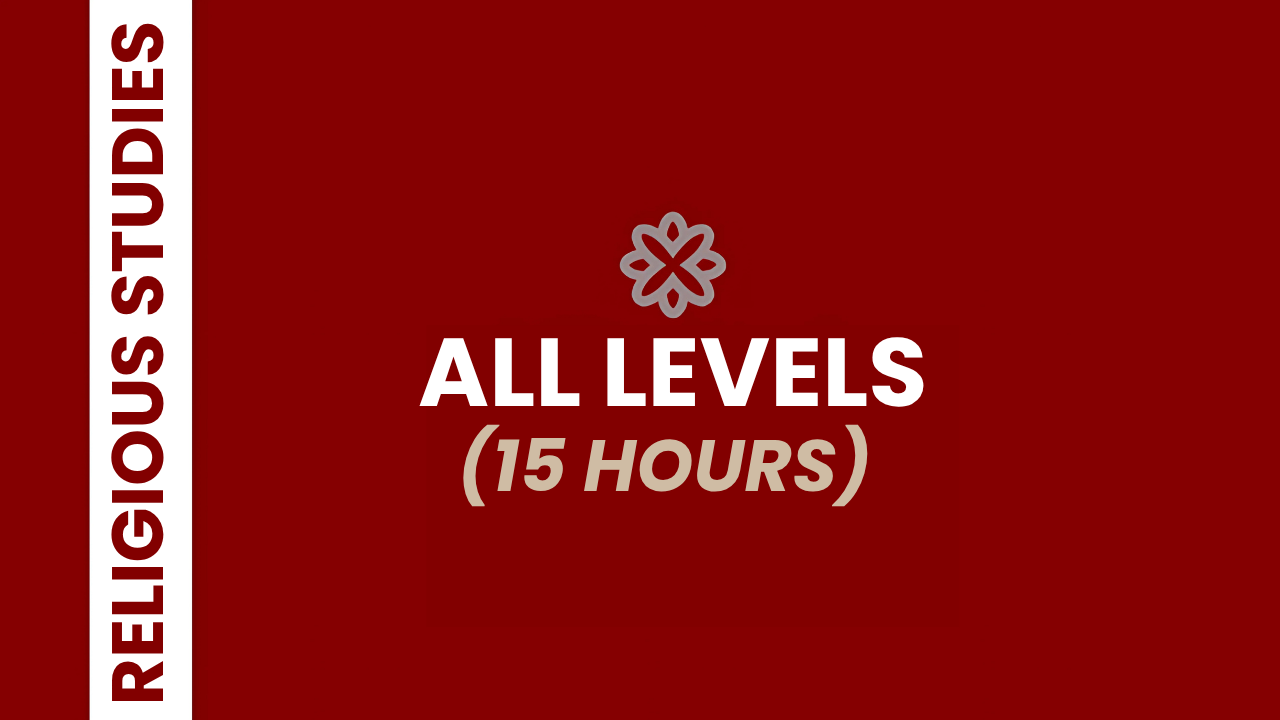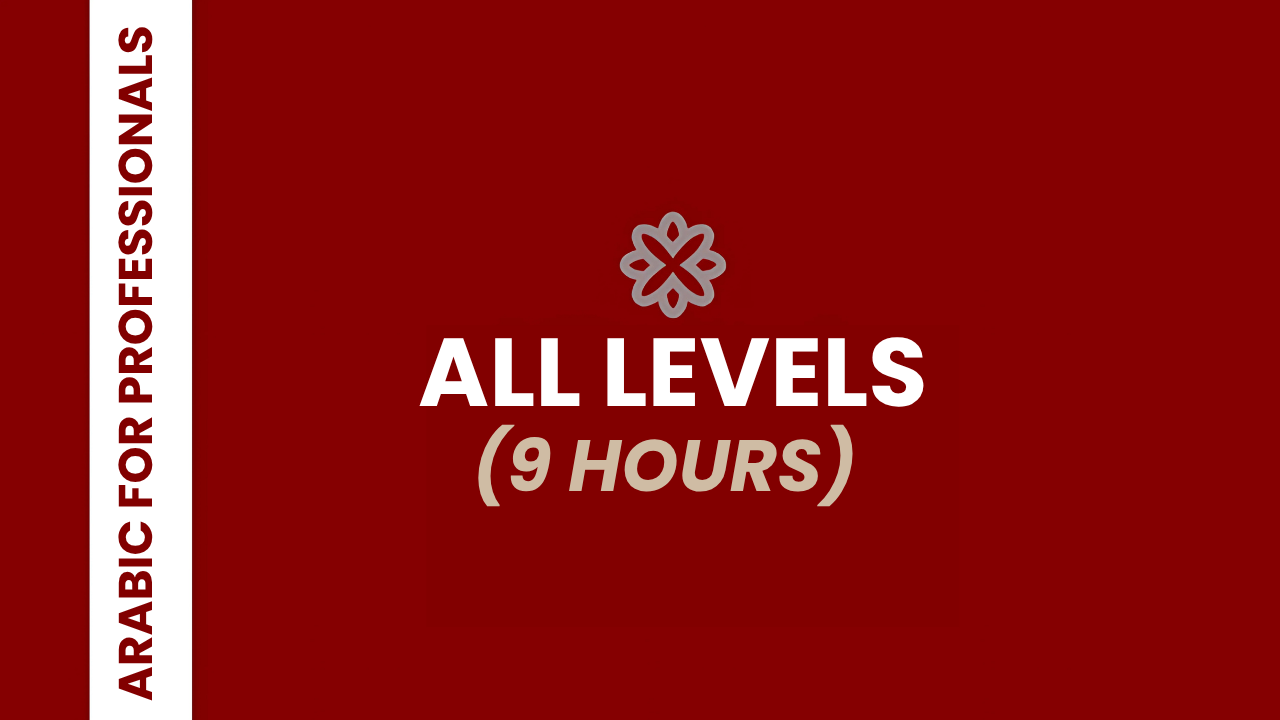Our Arabic Programs
We are committed to transforming Arabic language education by offering immersive experiences that connect learners to the heart of Saudi culture. Our programs empower citizens all around the world to engage meaningfully with the Arabic language and heritage. Explore our diverse learning tracks below:
Self-Paced Curriculum
Structured Arabic modules designed for independent learners to study at their own pace and convenience.
Modern Standard Arabic
Instructor-led courses that build a strong foundation in Modern Standard Arabic, offered both online and in-person.
Arabic Immersive Programs for Kids
Interactive programs that introduce children to Arabic through age-appropriate language instruction and cultural activities.
Religious Studies
Classes focused on studying the Holy Qur’an and Islamic texts, tailored for learners seeking to improve their religious and linguistic knowledge.
Private Tutoring
One-on-one sessions tailored to your goals, schedule, and skill level for a focused Arabic learning experience.
Arabic Language for Professionals
A targeted workshop that develops Arabic communication skills for professionals in administrative roles.




